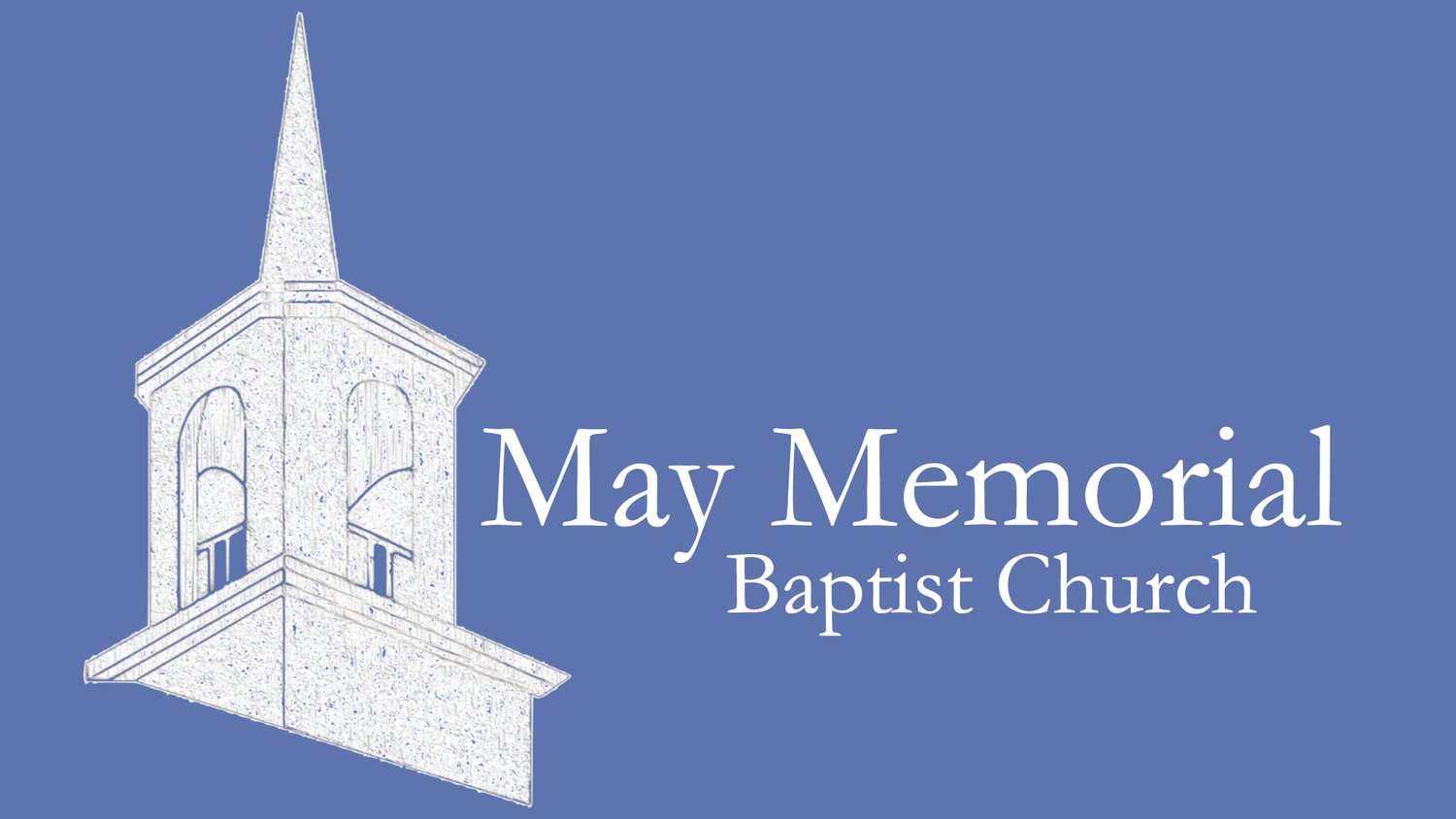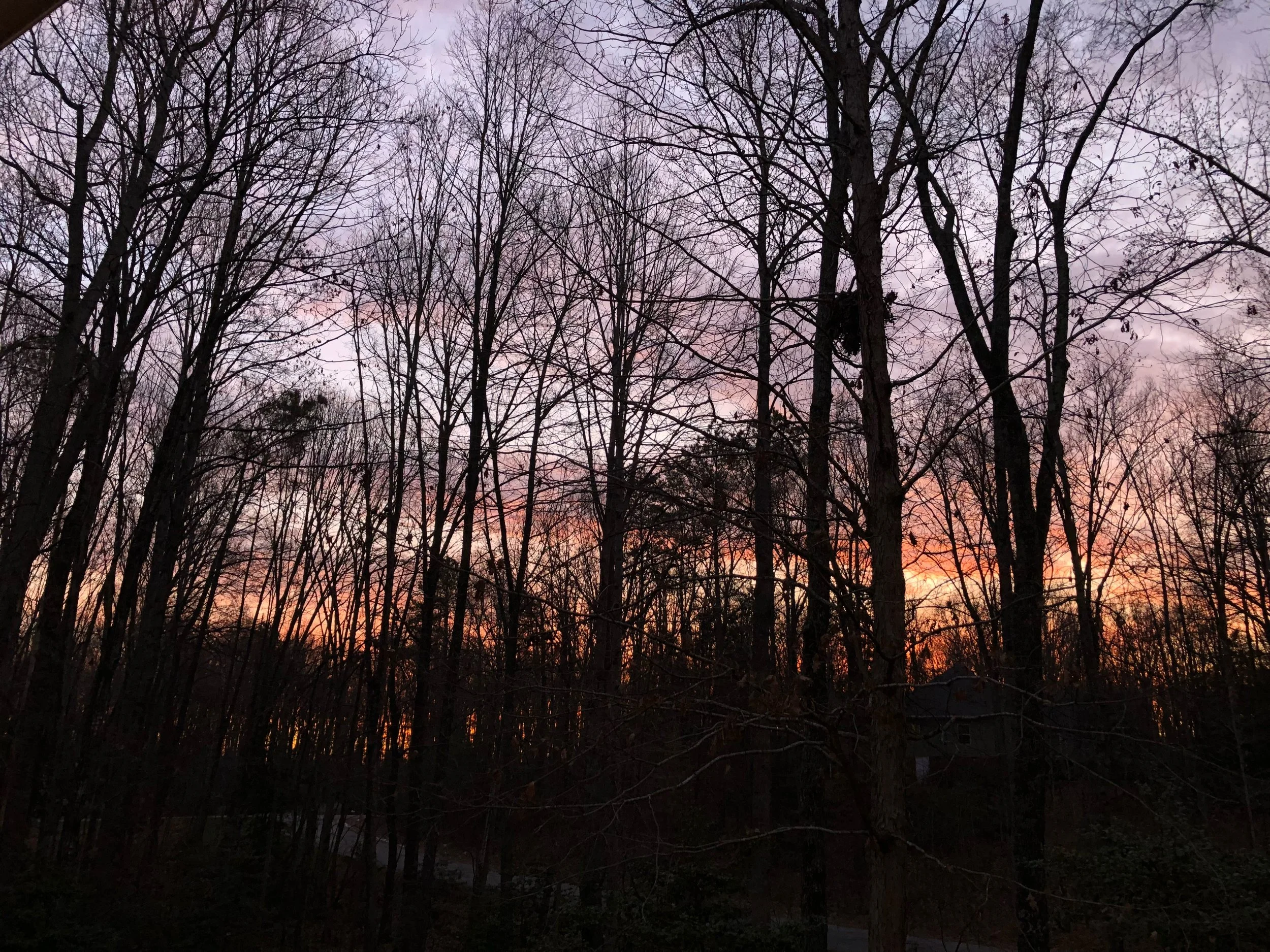We have no reason to believe that Jesus was born on December 25. And while the Western Church has been celebrating “Christ Mass” on December 25 since the fourth century, it is not done so because the Church believes it got the birth date right. Some have tied the date of Christmas to Mary’s Annunciation on March 25, and nine months later would be December 25. But most likely the Annunciation Day celebration on March 25 was derived from the already set Christmas Day celebration on December 25.
The more likely story of a late December celebration of Jesus’ birth is much more complicated, involving pagan festivals and the tilting of the earth at the winter solstice. This past Saturday, just past 4:00 a.m. (Eastern Time), the Northern Hemisphere reached its farthest distance from the sun. These are the darkest days of the year, the days with the least amount of time between sunrise and sunset. Saturday was the winter solstice. And the ancients knew that on the winter solstice, that that would be the day when sun would start to “win the battle” over the darkness. Because starting Sunday, each day little by little, the sun began to shine a little longer. This was cause for celebration. The ancients would take their beverages that had been fermenting since Autumn and drink them in celebration. They would slaughter the animals they didn’t want to have to feed and tend through the remaining months of winter. It was a celebration.
Early Christians, noticing these “heathen” celebrations, probably made the decision influenced by these existing customs. Some modern-day Christians are bothered by this story, that the celebration day of our Savior’s birth is tied to pagan or “heathen” customs. Some modern-day Christians even reject the celebration of Christmas with its carry-overs because they want nothing to do with a celebration that is a blending of pagan and Christian. But to me, especially this year, it makes perfect sense.
John tells us that “the light shines in the darkness,” and celebrating Christ’s birth on the darkest day (they didn’t get it exactly right, but December 25 is close enough) is a near-perfect picture of exactly what God does in Jesus Christ. Jesus comes to us when things are dark, and the light of Christ shines in the darkness.
We have lived through a dark year, and Christ has continually showed up to share light in the midst of the darkness. The light has not completely overcome the darkness, as John mentions, but the light has been shining all through it.
In the midst of this week’s darkness, remember that Christ is born. The light is shining in today’s darkness, and the darkness cannot and will not overcome the light.
Merry Christmas, that thing for which we have been waiting is already come.

